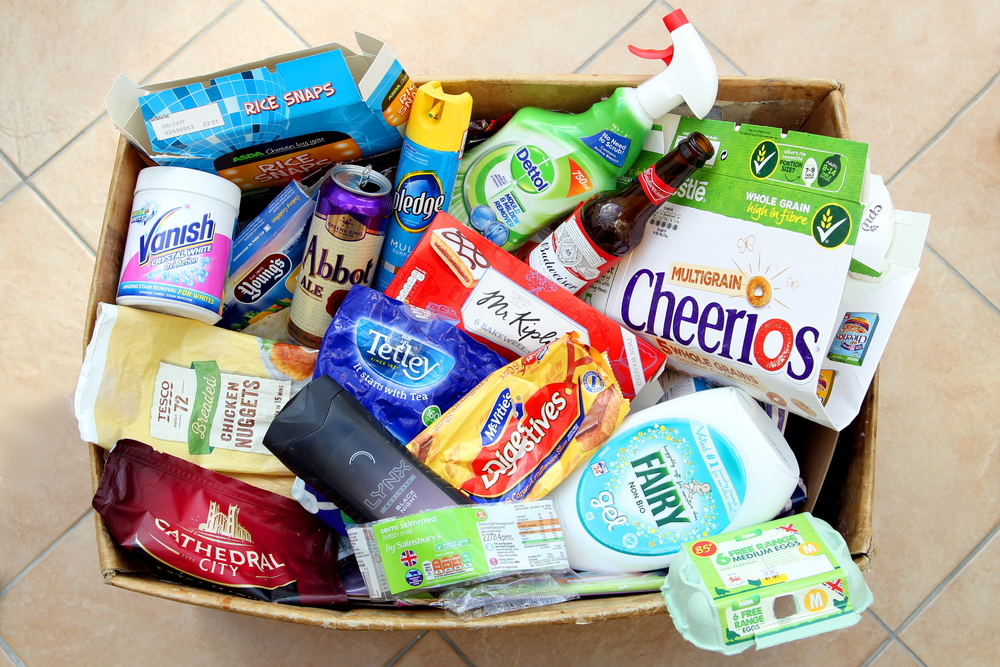EPR regulations will apply to all UK organisations that handle and supply packaging to consumers and to businesses.
This covers any individual business, subsidiary or group with an annual turnover of £1 million or more which carries out any “packaging activities” and is responsible for more 25 tonnes of packaging in a calendar year.
There are variations in requirements depending on whether an organisation is classed “small”, with a turnover between £1 million and £2 million, or “large”, with a turnover of £2 million or more.
Though it initially planned roll out EPR by 2023, earlier this year the government pushed back the implementation date to 2024 (see letsrecycle.com story).
Under the regulations, organisations may need to collect and submit data on the packaging they handle and supply, pay a waste management fee, buy PRNs and PERNs to meet recycling obligations and submit “nation data”, which is information about where packaging has been sold, hired, loaned, gifted or discarded.
All organisations affected by EPR must collect the correct packaging data from January 2023, Defra says. The data submission must include the weight of packaging likely to become household or non-household waste and of the individual materials in the packaging.
Defra says it will give organisations an indication of what their fees will be in 2024 “as soon as we can”.
If organisations have any questions, they can contact Defra’s packaging team at pEPR@defra.gov.uk.
Packaging activities
EPR is intended to move the full cost of dealing with packaging waste from councils to producers. Councils will receive funds via EPR to pay for the costs of recycling and disposal.
In the updated guidance, Defra defines packaging as “any material that is used to cover or protect goods that are sold to consumers”.
Packaging makes handling and delivering goods “easier and safer,” Defra says, and includes anything designed to be filled at the point of sale, such as a coffee cup.
Defra says organisations “may need to act” if they do any of the following packaging activities:
- supply packaged goods to the UK market under their own brand
- package goods for another UK organisation
- use ‘transit packaging’ to protect goods during transport so they can be sold to UK consumers
- import products in packaging
- own an online marketplace
- hire or loan out reusable packaging
- sell empty packaging
Related link
Packaging waste: prepare for extended producer responsibility












Subscribe for free